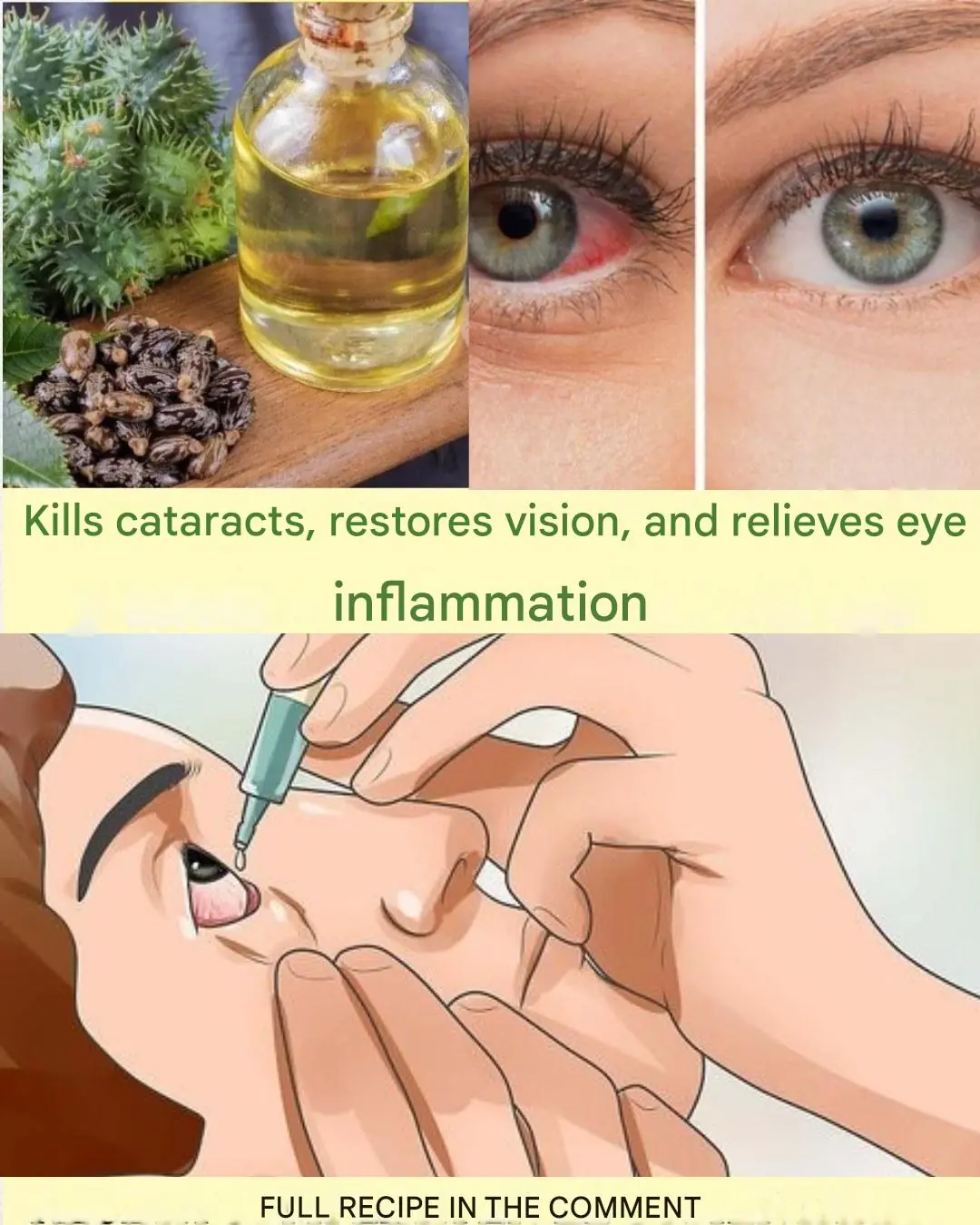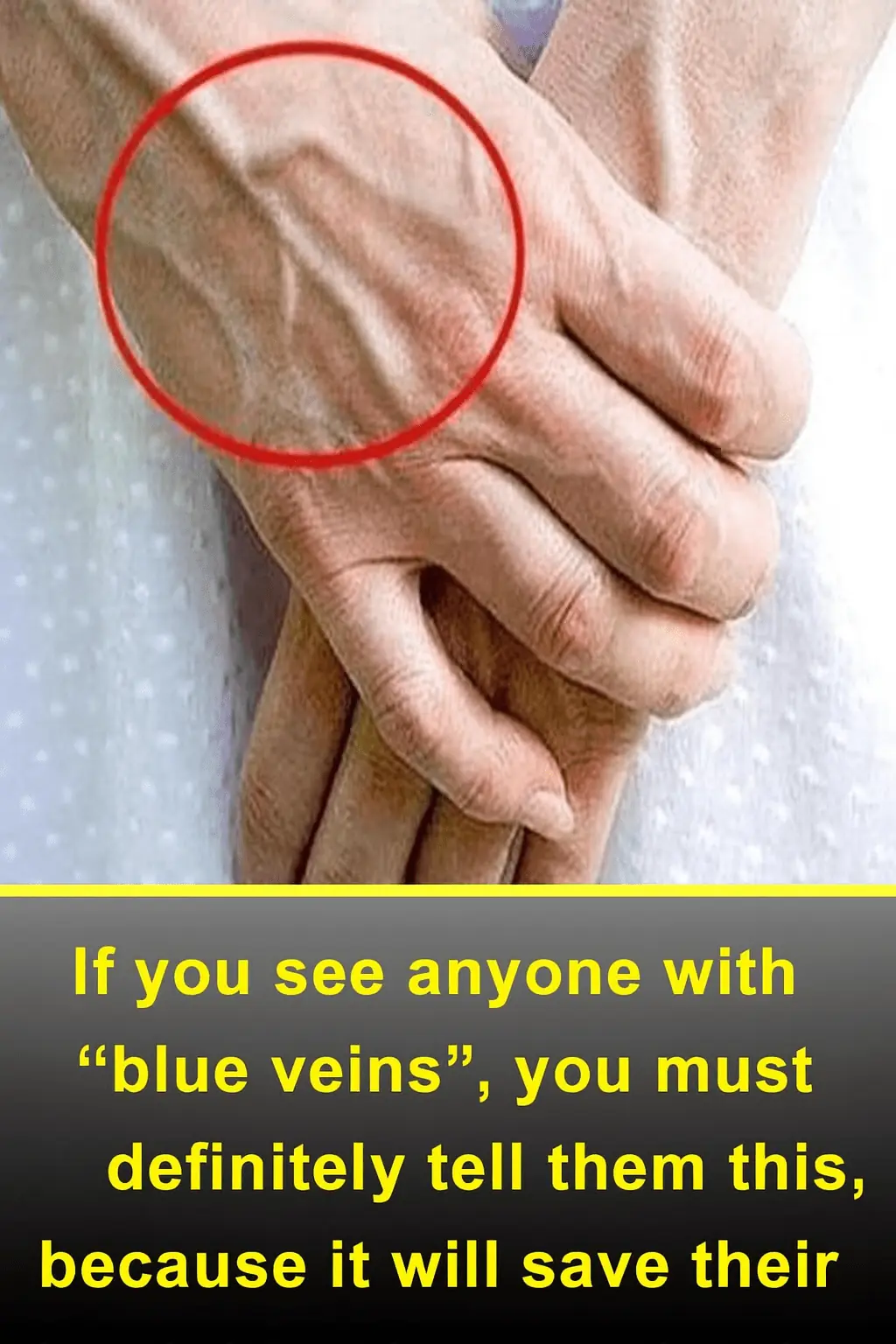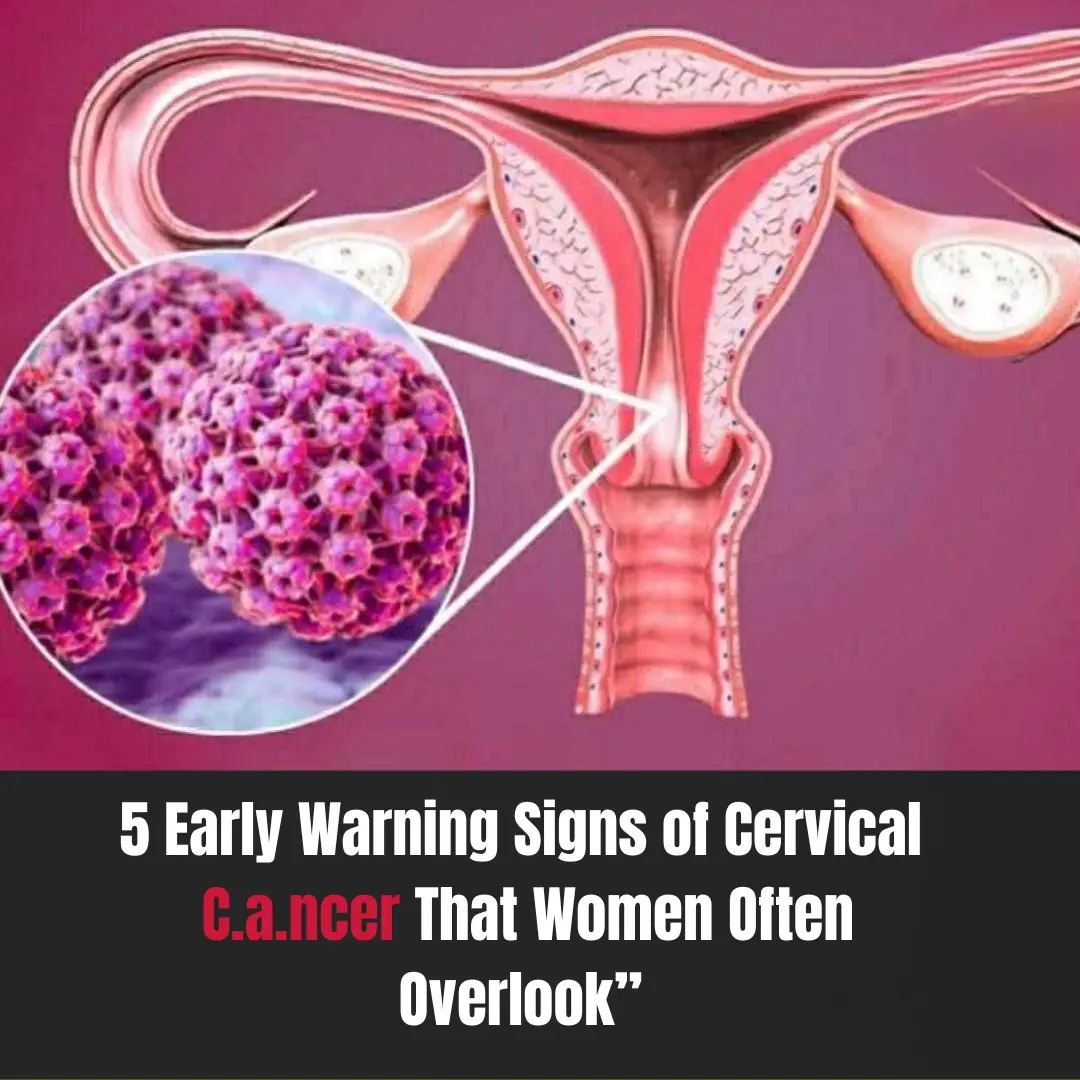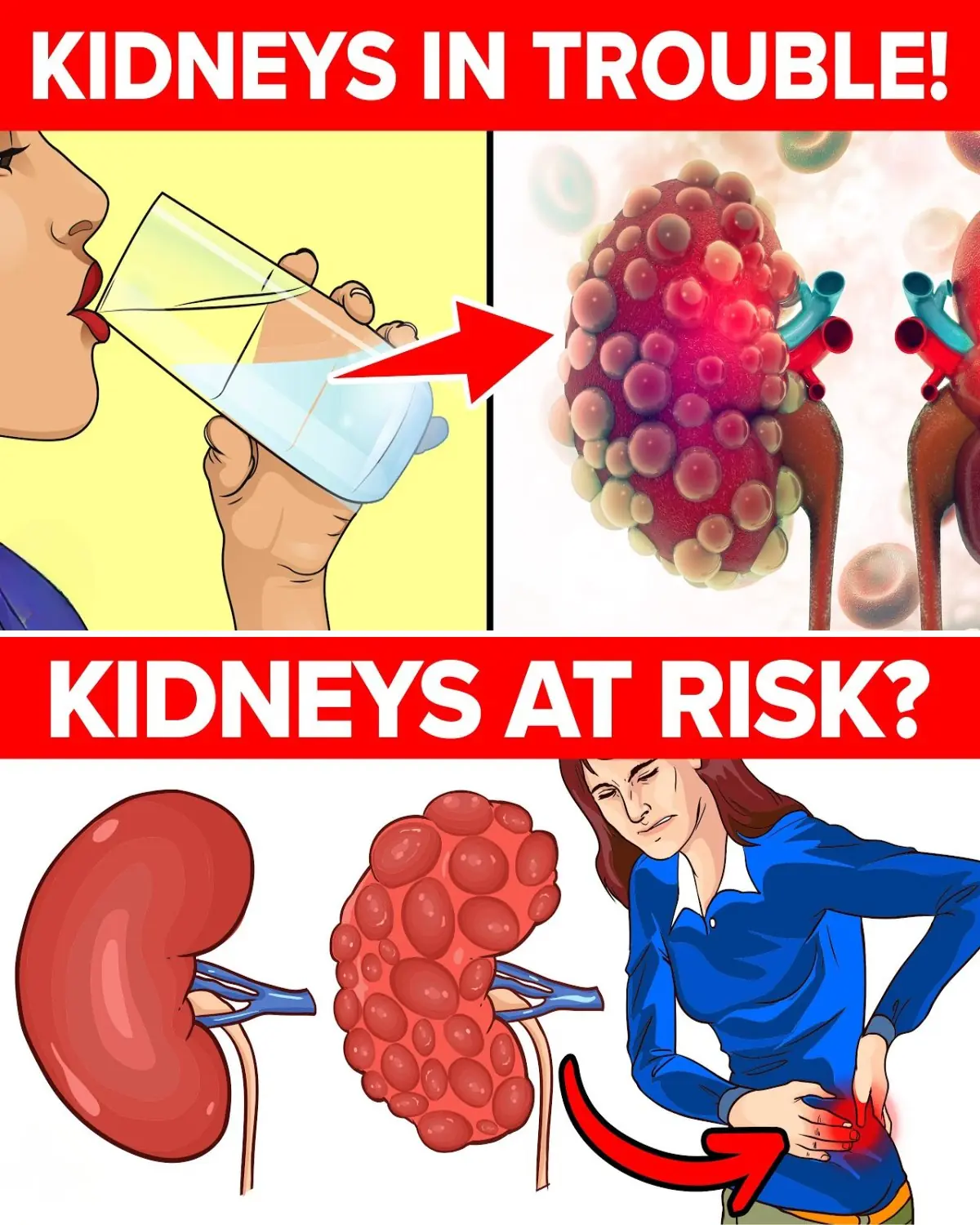
Lumps on Body: What Do Neck Lumps Mean?

Swollen Neck Lymph Nodes: When to Worry and What They Mean for Your Health
Lymph nodes serve as the body’s defense hubs, filtering out harmful invaders and supporting immune function. While swelling in the neck’s lymph nodes is often a normal response to infections, persistent or unusual swelling can indicate more serious conditions. So, how do you know when to be concerned? Here’s what you need to know about neck lymph nodes, their function, and the warning signs that require medical attention.
Understanding Neck Lymph Nodes and Their Role
Lymph nodes are small, bean-shaped structures spread throughout the body, including the neck, armpits, and groin. These nodes are part of the lymphatic system, filtering waste, bacteria, and even cancer cells from the body. When an infection or illness occurs, lymph nodes swell as they work to trap and eliminate harmful pathogens—a process known as lymphadenopathy.
While swollen neck lymph nodes are commonly caused by minor infections, in some cases, they can indicate more serious health concerns such as autoimmune diseases or cancer. Recognizing the difference between a benign and a potentially dangerous lymph node is essential.
Common Causes of Swollen Neck Lymph Nodes
Lymph node swelling can occur for various reasons, including:
🦠 Infections: Viral infections such as colds, the flu, and respiratory infections frequently cause lymph node swelling. Strep throat, ear infections, and tonsillitis are also common culprits.
🧫 Bacterial Infections: More severe infections like tuberculosis or cat scratch disease can cause significant swelling and may require antibiotics for treatment.
🧬 Autoimmune Diseases: Conditions like lupus and rheumatoid arthritis can trigger chronic lymph node swelling due to an overactive immune response.
🎗️ Cancer: Swollen lymph nodes may also result from lymphoma, leukemia, or metastasis from cancers in the head and neck region.
Signs That a Swollen Lymph Node Might Be Cancerous
While most cases of lymph node swelling are harmless, certain characteristics can indicate a more serious issue. Pay attention to these warning signs:
✅ Hardness & Texture: Cancerous lymph nodes tend to feel hard or rubbery, unlike the soft and tender swelling caused by infections.
📏 Size & Persistence: If a lymph node is larger than 1.5 cm and does not shrink within two weeks, it may require medical evaluation.
😶🌫️ Pain Levels: Swollen lymph nodes due to infections are often painful. In contrast, cancerous lymph nodes are usually painless, even as they grow larger.
📍 Location & Spread: If swollen lymph nodes appear in multiple areas (e.g., under the jaw, behind the ears, or down the neck) and do not subside, seek medical advice.
When to See a Doctor About Swollen Lymph Nodes
Monitor your symptoms and contact a healthcare provider if:
🔴 Swelling lasts longer than two weeks without improvement.
🌡️ You have unexplained fever, night sweats, or weight loss.
🛑 The lymph node is hard, rapidly growing, or immovable.
⚠️ You feel persistent fatigue or have difficulty swallowing or breathing.
How Doctors Diagnose Swollen Lymph Nodes
If your doctor suspects a more serious cause of lymph node swelling, they may perform:
🔍 Physical Examination: Checking the size, tenderness, and movement of the lymph nodes.
📖 Medical History Review: Assessing recent infections, symptoms, and family medical history.
🖥️ Imaging Tests: Ultrasounds, CT scans, or MRIs may be used to evaluate lymph node size and shape.
🧪 Biopsy: If cancer is suspected, a sample of lymph node tissue may be taken for further analysis.
Treatment Options for Swollen Lymph Nodes
The treatment for swollen lymph nodes depends on the cause:
💊 Infections: Viral infections typically resolve on their own, while bacterial infections may require antibiotics.
🦠 Autoimmune Diseases: Medications to regulate the immune system may be prescribed for conditions like lupus or rheumatoid arthritis.
🎗️ Cancer: If cancer is the cause, treatments may include chemotherapy, radiation, or surgery to remove affected lymph nodes.
Final Thoughts: Stay Informed & Stay Healthy
Swollen neck lymph nodes are usually harmless, but persistent, hard, or painless swelling should not be ignored. Knowing the warning signs and seeking medical attention when needed can help detect and treat serious conditions early. Regular check-ups and self-monitoring are essential for maintaining good health and peace of mind. If in doubt, consult a doctor to rule out any underlying concerns.
News in the same category


If Your Kidneys Are in Danger, Your Body Will Send You These 8 Signals — Don’t Ignore Them

The Surprising Effects of Avocado on Your Heart and Brain

Natural Remedy for Cataracts and Eye Inflammation: Restore Your Vision Naturally

Unlock the Golden Magic of Corn Silk Tea

9 Powerful Home Remedies to Get Rid of Fungal Infection (Daad, Khaj, Khujli) Fast

7 Shocking Health Benefits Of Eating Sweet Potatoes Every Day — According To Science

About 15 Minutes Before a Stroke, the Body Often Sends 4 Clear Warning Signs — Call Your Loved Ones Immediately

Hidden Dangers in Your Mouth: Early Signs of Oral Cancer

The Secret Power Of The Herb That Helps You Age Gracefully

The Unexpected Benefits of Eating Chicken Feet

If You See Someone with “Blue Veins,” Tell Them This — It Could Save Their Life

The Secret Power of Two Eggs a Day: Could This Simple Habit Transform Your Health? Buy vitamins and supplements

Man Passed Away After Eating Eggs — Stop Eating Eggs This Way Immediately

8 Foods That Fight Tumors — Eat Them Regularly

Does Eating Bananas Before Bed Have Any Benefits?

The Tongue as a Health Indicator: Meaning of a Whitish Color

Benefits of Boiled Eggs: Nutrition and Healthy Recipes

5 early warning signs of cervical cancer

7 Innocent Mistakes That Get Your Kidneys in Big Trouble
News Post

WHAT HAPPENS WHEN WE TONGUE KISS…See more

Nature’s Secret: 4 Healing Leaves That Support Metabolism, Immunity & Circulation Naturally

Don’t Drink Coconut Water Before You Know These 11 Secrets!

Pumpkin Seed Milk — The Natural Parasite Cleanser

Fast Rice Water Trick for a Brighter Smile

Morning Drink to Revive Your Kidneys Fast

The Onion Recipe That Could Transform Your Blood Sugar, Support Cleaner Arteries, and Protect Your Heart!

Top 4 Fruits That Help Your Kidneys Flush Out Toxins While You Sleep

Ginger, Clove, and Honey: The Natural Trio Your Body Will Thank You For

Heal 15 Years of Joint Pain Naturally with Turmeric and Honey Tea

This Juice Revived My Grandma’s Energy — Say Goodbye to Fatigue and Body Pain with This Natural Recipe

The Benefits of Eating 2 Boiled Eggs Every Morning: Transform Your Health!

If Your Kidneys Are in Danger, Your Body Will Send You These 8 Signals — Don’t Ignore Them

The Surprising Effects of Avocado on Your Heart and Brain

Ways to Get Over a Man Who Didn’t Value You

I’m 66 but Look 36 — My Secret? Aloe Vera & Ginger for Firm, Smooth Skin

How to Make Okra Water to Treat 17 Health Problems Naturally

Banana and Egg Mask to Look Younger Even in Your 80s

Scent Leaf Secrets Unveiled: 10 Surprising Health Benefits of This Miracle Herb
